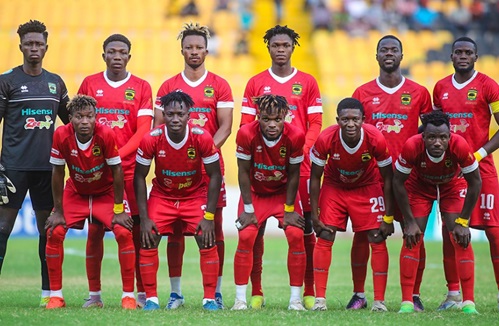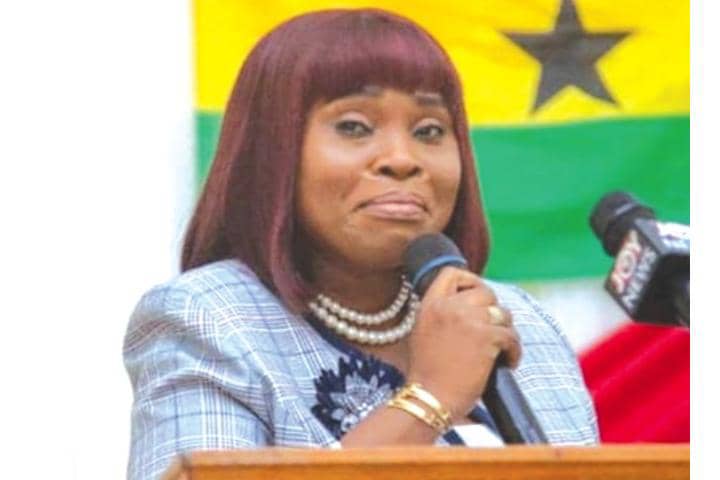THE country has been urged to do more to improve on its mental health services, as there are still elements of inhumane and undignified treatment of people with mental challenges in the country.
At the UN Human Rights Council’s universal periodic review (UPR) of member countries in Geneva, Switzerland, it came out that Ghana had not been able to meet its commitment to protect the rights of people with psychosocial disabilities, as some victims were still held in shackles at faith-based and traditional healing centres.
The call formed part of recommendations made at the review conference in January this year.
The UPR process was established in 2006 to assess the human rights records of UN member states after every five years.
Human Rights Watch had earlier submitted a report outlining abuses against people with psychosocial disabilities in prayer camps and psychiatric hospitals in Ghana for the periods 2012 and 2020.
During the 2017 review, the country was said to have supported 10 out of 11 recommendations to address the rights of people with disabilities and “prevent, investigate and prosecute inhumane treatment in prayer camps or witch camps and psychiatric hospitals”.
It also pledged to “address societal attitudes condoning such violations and abuses of rights of persons with mental disabilities”.
However, the organisation claimed that shackling still persisted in the country.
The Disability Rights Coordinator at Human Rights Watch, Adriana Masgras, who led the review process, emphasised the need for Ghana to abide by its own commitment to improve the system for people living with mental health.
She said everyone had the right to live and receive the services and support he or she needed from the state, adding: “We want to see all countries institute and enforce a global ban on shackling, including Ghana.”
According to her, the inhumane practice of shackling existed due to inadequate support and mental health services, as well as widespread beliefs that stigmatised people with psychosocial disabilities.
“Everyone, including people with mental health conditions, has the right to live free from stigma, discrimination and abuse and to receive the services and support he or she needs,” Ms Masgras added.
In November 2022, Human Rights Watch said it visited five prayer camps and traditional healing centres in the Eastern and the Central regions and interviewed more than 50 people.
They included people with psychosocial disabilities, mental health professionals, staff at prayer camps and traditional healing centres, mental health advocates, religious leaders and two senior government officials.
It claimed that more than 60 people, including children, were either in chains or confined in small cages.
It said there were also cases of human rights abuses, including lack of adequate food, unsanitary conditions and lack of hygiene, and freedom of movement.
SOURCE : Graphiconline








